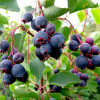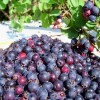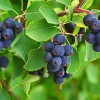Irga Lamarca - growing and care
Description
In the spring, Irga Lamarca pleases gardeners with beautiful flowering, and in autumn it is attracted by the unusual color of its foliage. The fruit is a bit like the famous American blueberry. A tall shrub, which is sometimes mistakenly referred to as Irga Canadian Lamarca, is capable of rising 2 to 18 meters above the ground. It is characterized by the presence of thin branches that allow you to form a rounded and lush crown.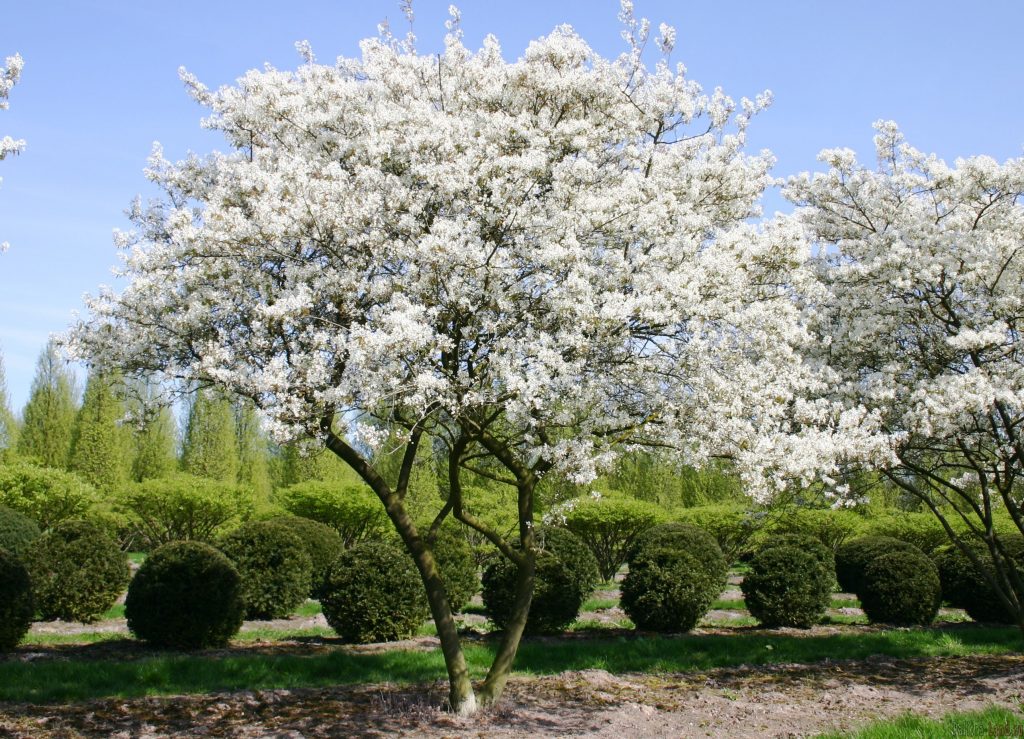
The plant also has leaves with small toothed edges. They are oval and elliptical, reaching about 4-10 cm in length. Young foliage is painted in a pleasant gray-green color, which by autumn changes to yellow or dark red. During flowering, the culture pleases the eye with unusual bouquets of yellow-white flowers. The fruits have a noble dark purple color. Their ripening time falls at the beginning of August. They are very juicy and sweet. Used fresh, for making compotes, preserves, jams, adding to baked goods, drying.
Irga Lamarca is one of 20 plant species that are part of the irga family. Planted in our climate, the culture rarely grows more than 5 meters in height. In addition to people, plants like to feast on berries are robins, fieldfare, starlings, magpies staying in the garden.
Video "Description"
From the video you will learn many new facts about irgu.
Landing
When buying seedlings, you will receive planting material in special containers. As for the timing of planting, it is best to produce it in the spring or in the autumn. But experts are sure that it is permissible to plant seedlings in containers during the entire growing season. Irga Lamarca grows normally on land with any structure. 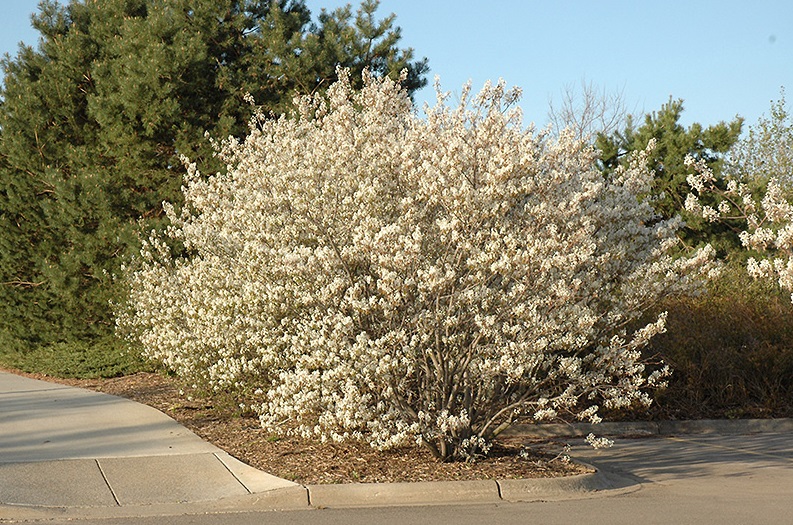 But for young crops, the planting of which was carried out recently, it is better to create better conditions than for already existing adult plants. It is recommended for them to choose a fertile soil rich in various elements, which has a moderate degree of moisture, as well as a neutral or slightly acidic reaction.
But for young crops, the planting of which was carried out recently, it is better to create better conditions than for already existing adult plants. It is recommended for them to choose a fertile soil rich in various elements, which has a moderate degree of moisture, as well as a neutral or slightly acidic reaction.
The site for planting should be well lit, since heating by the sun is important for the shrub. You should not plant seedlings too thickly, as they grow quickly. Unless, of course, your goal is to create a beautiful hedge.
Irga has very long roots - about 3-4 meters. You can not plant it where there is a high level of groundwater. But a powerful root system protects the culture from possible drying out in the summer heat or freezing in winter. When planting, it is advised to create high-quality drainage in the hole using construction crushed stone or gravel. To reliably protect the tree from waterlogging, you should pour several garden wheelbarrows of broken brick, stones or rubble into the hole.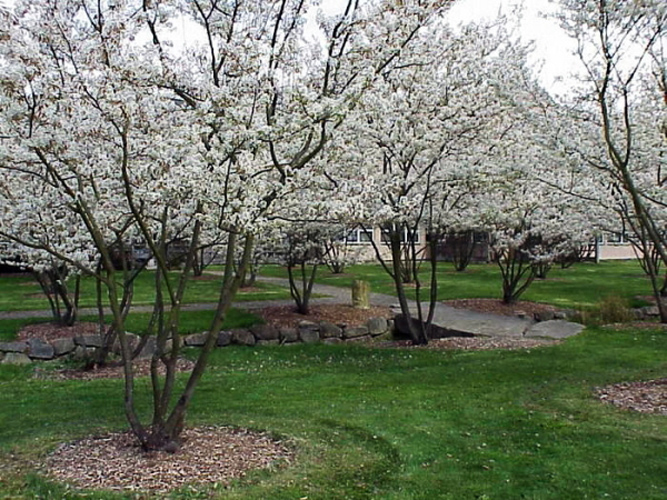
There are also certain planting rules for different varieties of irgi. For example, the Canadian one has shallow roots, the leaves grow up to 10 cm in length, flowering lasts only a week, in a year the culture can grow about 30 cm in length and width.She is not afraid of frost, wind, does not need frequent watering, but loves a lot of natural light. The best soil for a shrub is lime soil. Fertilizers should only be applied 3 to 4 years after planting. Pruning stepchildren is necessary to increase yields. It is done in the spring. Unnecessary root shoots are subject to removal. Planting is carried out in a pit with a drainage system. It is through it that watering will be carried out later.
Growing and care
In order for the plant to have the opportunity to develop normally, a section illuminated by the sun or located in partial shade should be allocated for it. Irga feels great, planted on humus or sandy-clay soil, the acidity level of which is in the range of 6 - 7, 5. Since it is endowed with an excellent degree of frost resistance, it normally tolerates the presence of frost on winter days in gardens and in the backyards of our country. But for a tree, excessive pollution of the environment and the presence of dry weather are contraindicated. This is always bad for its growth and yield. 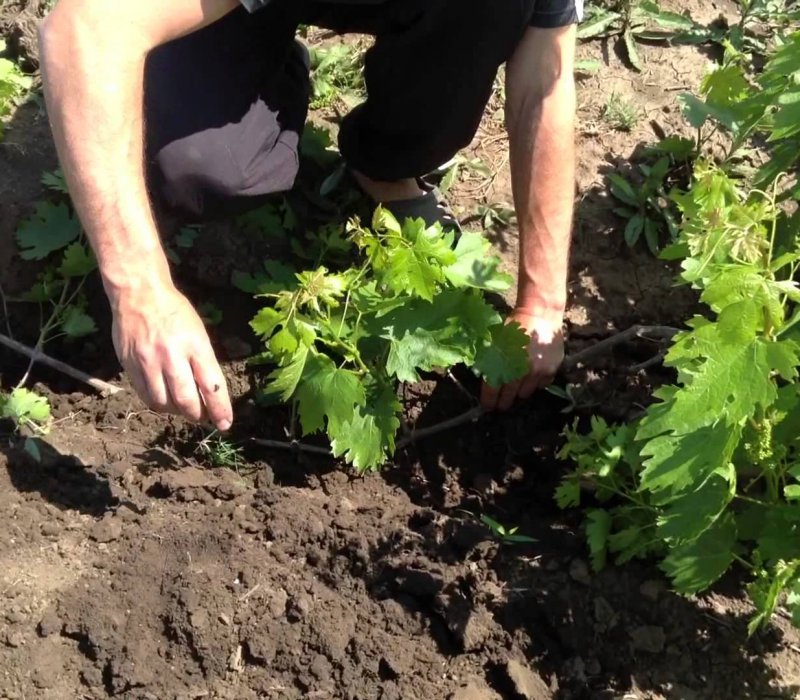 Plant propagation is not difficult to carry out. Even an amateur gardener with minimal experience can cope with such a task. Reproduction is usually carried out by root shoots. You can also choose other methods - propagation by seedlings, cuttings, layering or seeds. Sometimes gardeners prefer to purchase already grafted trees.
Plant propagation is not difficult to carry out. Even an amateur gardener with minimal experience can cope with such a task. Reproduction is usually carried out by root shoots. You can also choose other methods - propagation by seedlings, cuttings, layering or seeds. Sometimes gardeners prefer to purchase already grafted trees.
Experienced gardeners also know such types of irgi as smooth, alder-leaved, spiky, oval-leaved. Each of them has its own characteristics of cultivation. For example, the height of a smooth one is 5 - 10 meters, for planting it requires at least 2 meters of square area. Does not need regular watering and constant care, but drainage is required. Resistant to gusty wind, cold, can do without winter shelter. It is best to propagate by grafting to other varieties or mountain ash. Allow-leaved is a large-sized moisture-loving shrub. It grows best when planted with cuttings. Needs constant abundant watering. Prefers high-quality planting soil. Flowering depends on the amount of natural light. Fruiting begins 5 years after planting. Needs feeding with organic fertilizers. In severe frosts, the ends of the branches should be covered.
Spikelet is distinguished by white fluff located on the back of the leaves. She reacts well to any weather, tolerates infrequent watering normally, and does without fertilizing. The plant propagates by cuttings. Fruiting already from the first year after planting. When growing such a culture, you can forget about the procedure for pruning stepsons. Able to decorate any garden, formed as a hedge.
The oval-leaved berry shrub has white felt leaves and a height of no more than 50 cm. Planting is usually carried out in the fall or with the arrival of spring. It grows best in limestone soil with good drainage. Does not need additional feeding. It tolerates winds, frosts, dry days normally. In winter, there is no need to create a shelter for such a plant. Possesses a high degree of productivity, is used for decoration of summer cottages, as it is subject to pruning and shearing.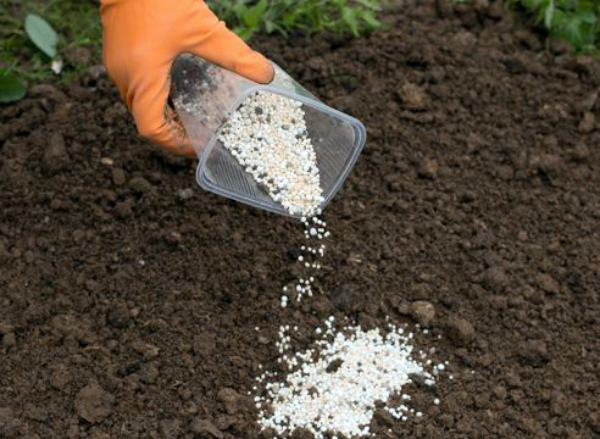
The peculiarities of the lamarca are the ability to grow in any area, regardless of the quality of the soil, climate conditions and the vagaries of the weather. Annual growth is at least 25 cm in height and crown diameter. Planting irgi is advised to plan for late autumn or early spring. In addition to drainage, the soil in the pit should be fertilized with a special organic compound intended for shrubs. In order to stimulate good germination, the shrub must be rid of the stepchildren, removing them every 4 to 5 months. Since the lamarca is an excellent honey plant, it is often preferred to plant it near apiaries.
Video "Growing"
From the video you will learn how to properly grow irgi.

